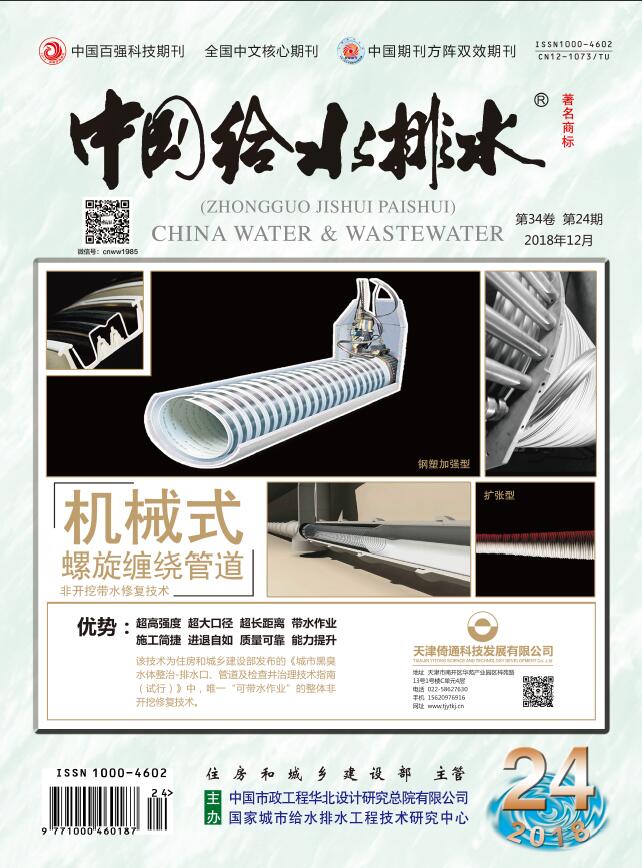HAOXiao-di,YANYing-ying,LIJi,et al.Feasibility Analysis of Producing Hydrogen by Electrolyzing Effluent from Wastewater Treatment[J].China Water & Wastewater,2023,39(18):1-8.
Feasibility Analysis of Producing Hydrogen by Electrolyzing Effluent from Wastewater Treatment
China Water & Wastewater[ISSN:1000-4062/CN:12-1073/TU]
volume:
第39卷
Number:
第18期
Page:
1-8
Column:
Date of publication:
2023-09-17
- Keywords:
- effluent from wastewater treatment; electrolytic hydrogen production; energy conversion efficiency; cleaner energy; water sources selection
- Abstract:
- Under the goals of carbon peaking and carbon neutrality, hydrogen (H2) has been defined as an “ultimate” energy source, due to no pollutions produced and no greenhouse gases (GHG) emitted. Among others, electrolytic hydrogen production is one of the most potential routes. Electrolytic hydrogen production depends on clean energy and/or off-peak electricity, and available water sources. On a global scale, fossil fuels still play a major role (more than 60%) in the total energy consumption. China even consumes more fossil fuels (80%) in its energy structure. Thus, the energy conversion efficiency of the electrolytic hydrogen production ae well as the involved carbon discharge should be the priority. In regard of water sources to be used for electrolytic hydrogen production, the effluent from wastewater treatment should be preferred over other water sources including groundwater, surface water and seawater. For this reason, hydrogen factories might be in situ established in cities, but heavily depending on available energy. Based on energy structure, water sources, economic cost, and environmental impact, electrolytic hydrogen production was fully evaluated. Although electrolytic hydrogen production has low energy conversion efficiency (74.5%-83.0%), it is completely possible to develop it with off-peak electricity and/or abandoned wind and light energy. Otherwise, about 20% of energy loss during electrolytic hydrogen production would result in an embarrassed situation that the loss outweighs the gain.
Last Update:
2023-09-17

